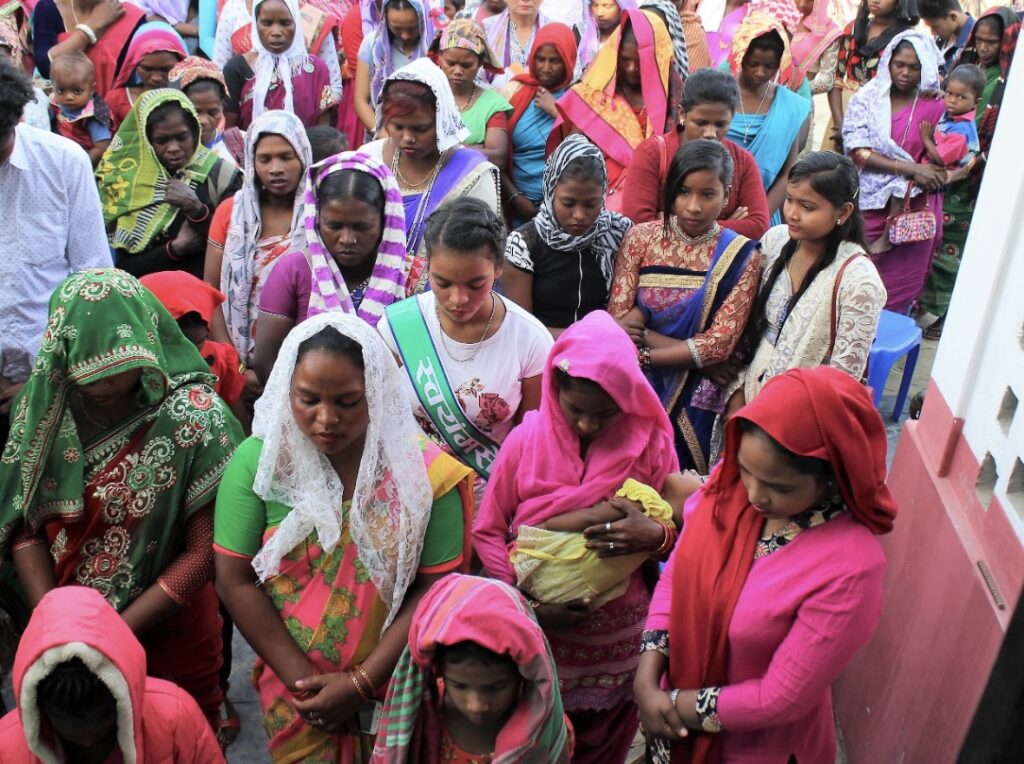The site where Buddha was born has been a major target of Christian missionaries
Despite the legal restrictions in Nepal, Christian missionaries have been fervently targeting the birthplace of Buddha, a sacred site deeply rooted in the country’s rich cultural and religious heritage. The allure of spreading their faith and introducing a different belief system has driven these missionaries to risk prosecution and navigate the delicate religious landscape of Nepal.

The site where Buddha was born has been a major target of Christian missionaries
The birthplace of Buddha, located in Lumbini, holds immense significance for millions of Buddhists worldwide. It is a place of pilgrimage, meditation, and spiritual reflection, drawing visitors from various corners of the globe. However, amidst this spiritual tapestry, Christian missionaries have set their sights on converting the local population, despite the potential legal consequences.
The missionaries’ determination to spread the Christian faith in Nepal stems from their unwavering conviction in their beliefs. They see it as their duty to share what they perceive as the path to salvation, even if it means challenging the established religious norms and risking prosecution. Their actions are driven by a deep sense of purpose and a desire to bring about spiritual transformation in the lives of those they encounter.
However, their efforts have not gone unnoticed by the Nepalese authorities. The government, keen on preserving the country’s religious harmony and cultural identity, has taken measures to enforce the prohibition on religious conversions. The legal framework aims to protect the diverse religious fabric of Nepal and prevent any potential conflicts that may arise from aggressive proselytization.
The clash between the missionaries’ zealous pursuit of conversion and the legal restrictions has created a complex dynamic in Nepal. While some locals may be curious about exploring alternative faiths, others staunchly defend their traditional beliefs and view the missionaries’ actions as a threat to their cultural heritage. This clash of ideologies has occasionally led to tensions and debates within communities, further highlighting the delicate nature of religious conversion in Nepal.
In response to the growing presence of Christian missionaries, local Buddhist leaders and organizations have intensified efforts to educate their communities about the importance of preserving their religious traditions. They emphasize the need to remain steadfast in their beliefs while fostering mutual respect and understanding among different faiths.
As the tug-of-war between religious conversion and cultural preservation continues, Nepal finds itself at a crossroads. Balancing the right to religious freedom with the need to protect its cultural heritage poses a significant challenge for the government. Striking a delicate equilibrium that respects both individual beliefs and the collective identity of the nation remains an ongoing endeavor.







